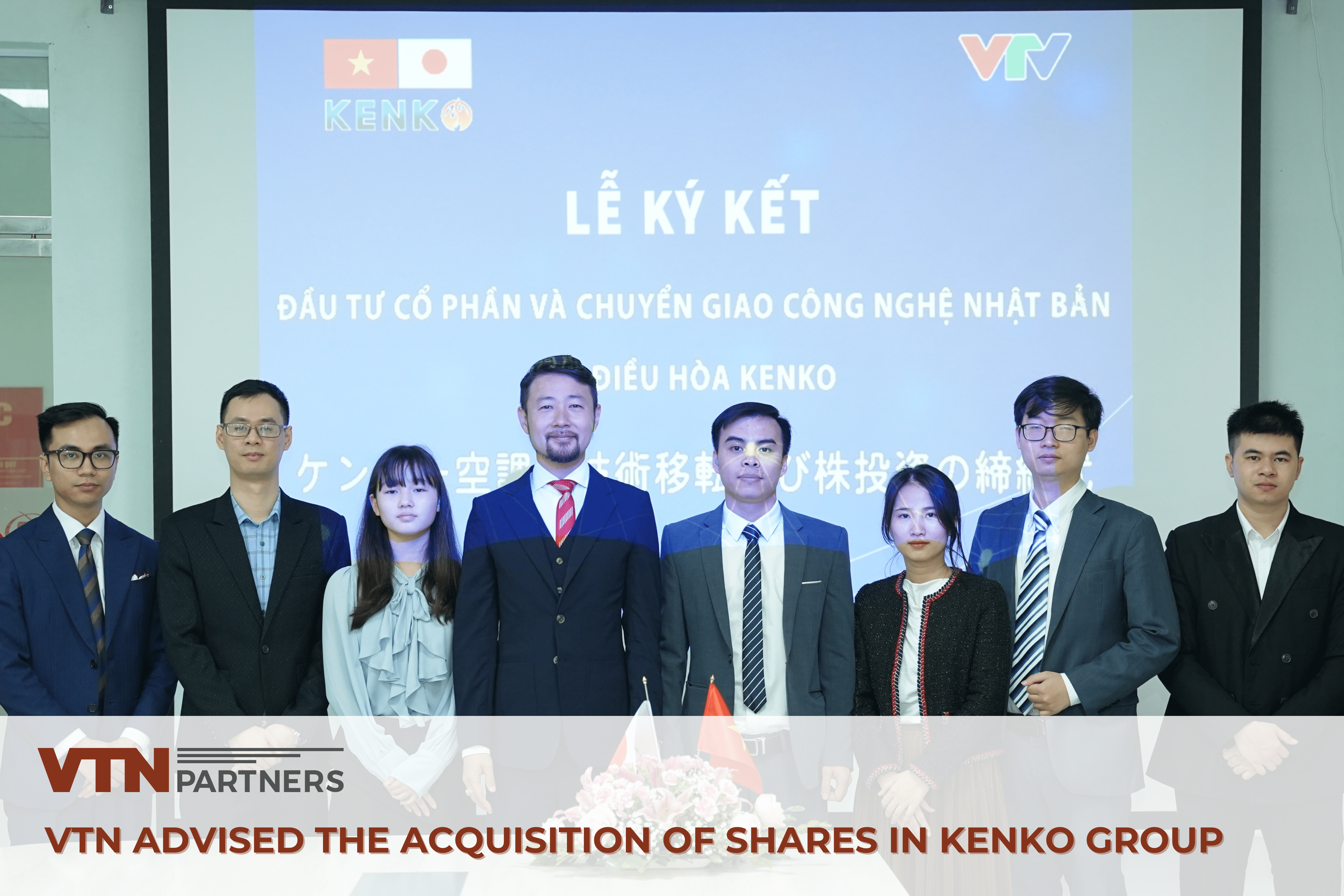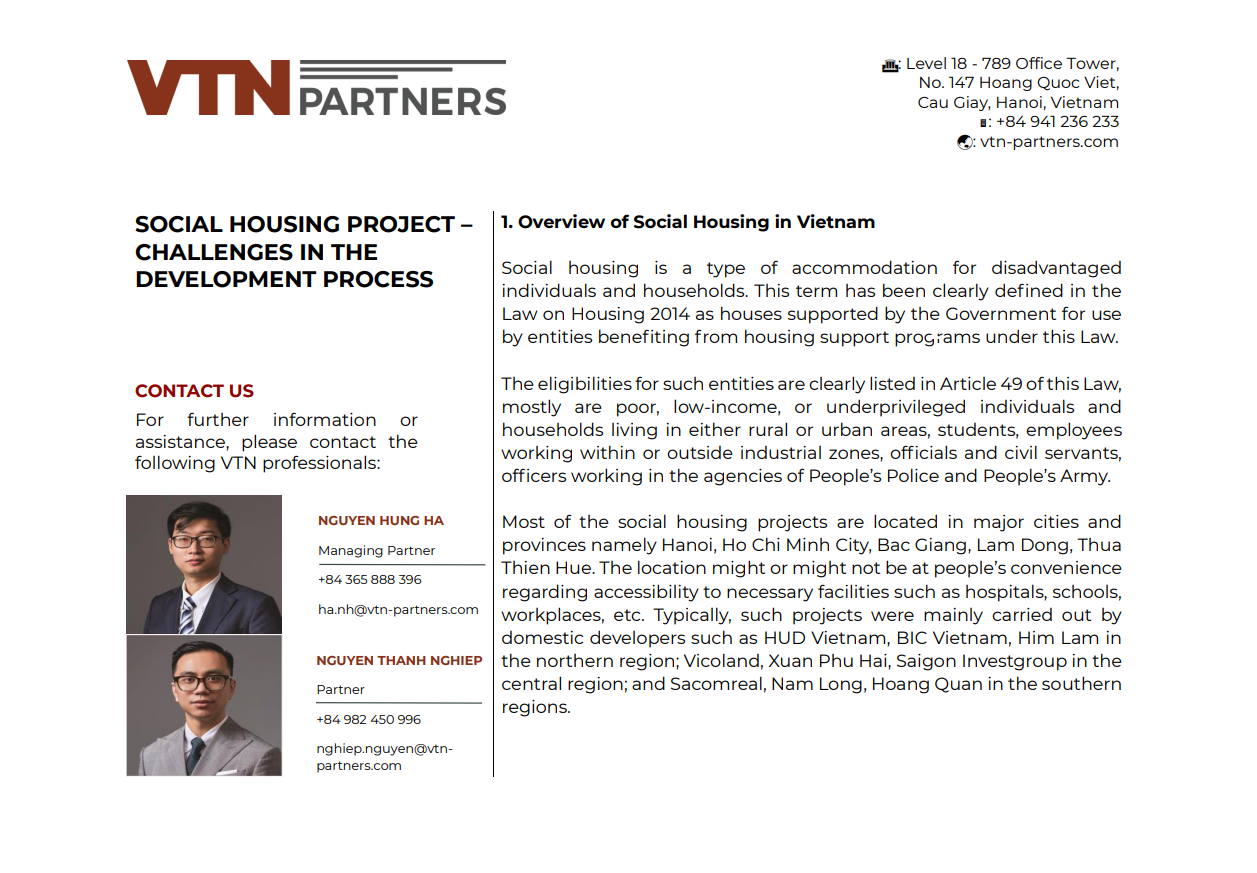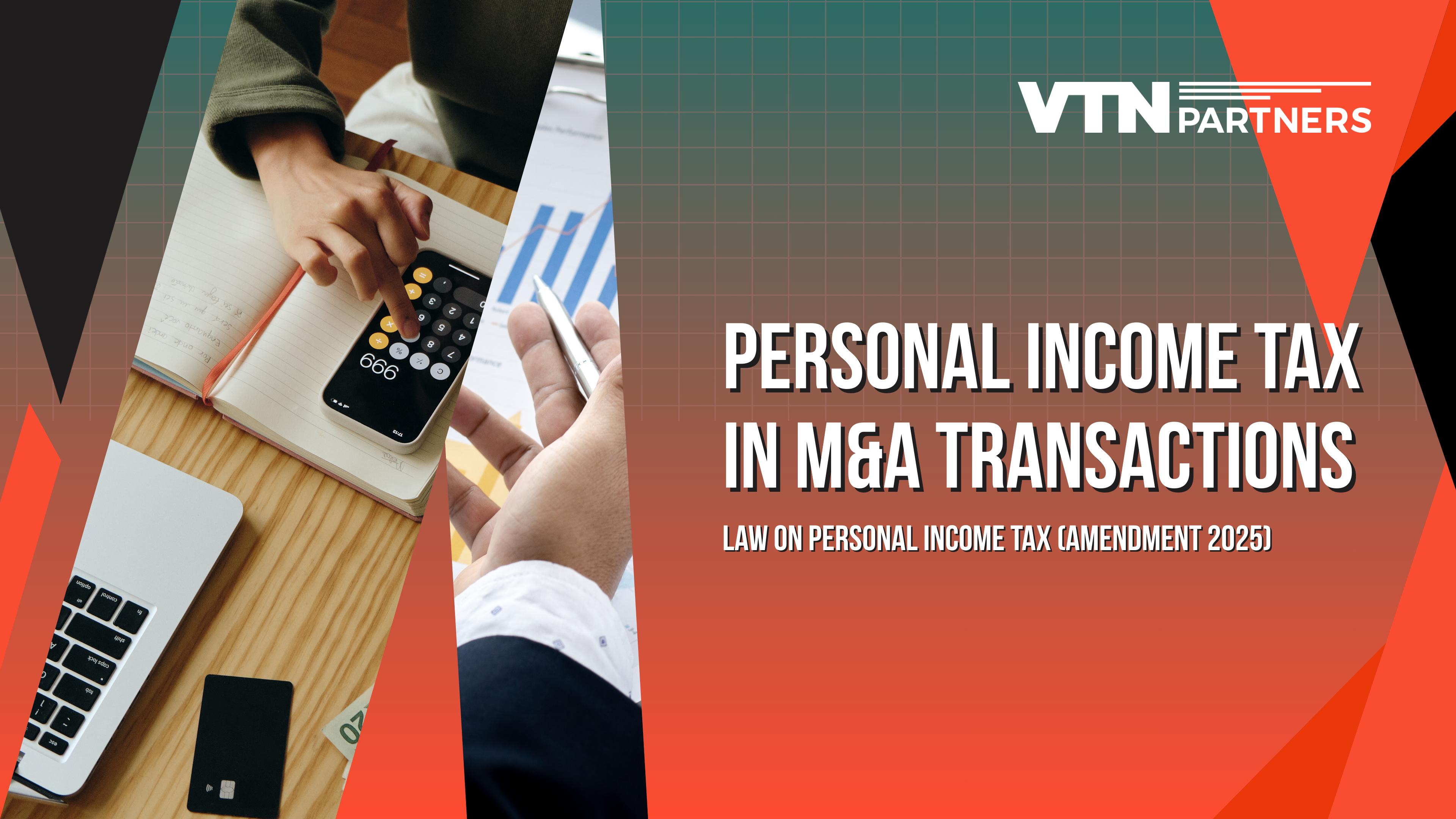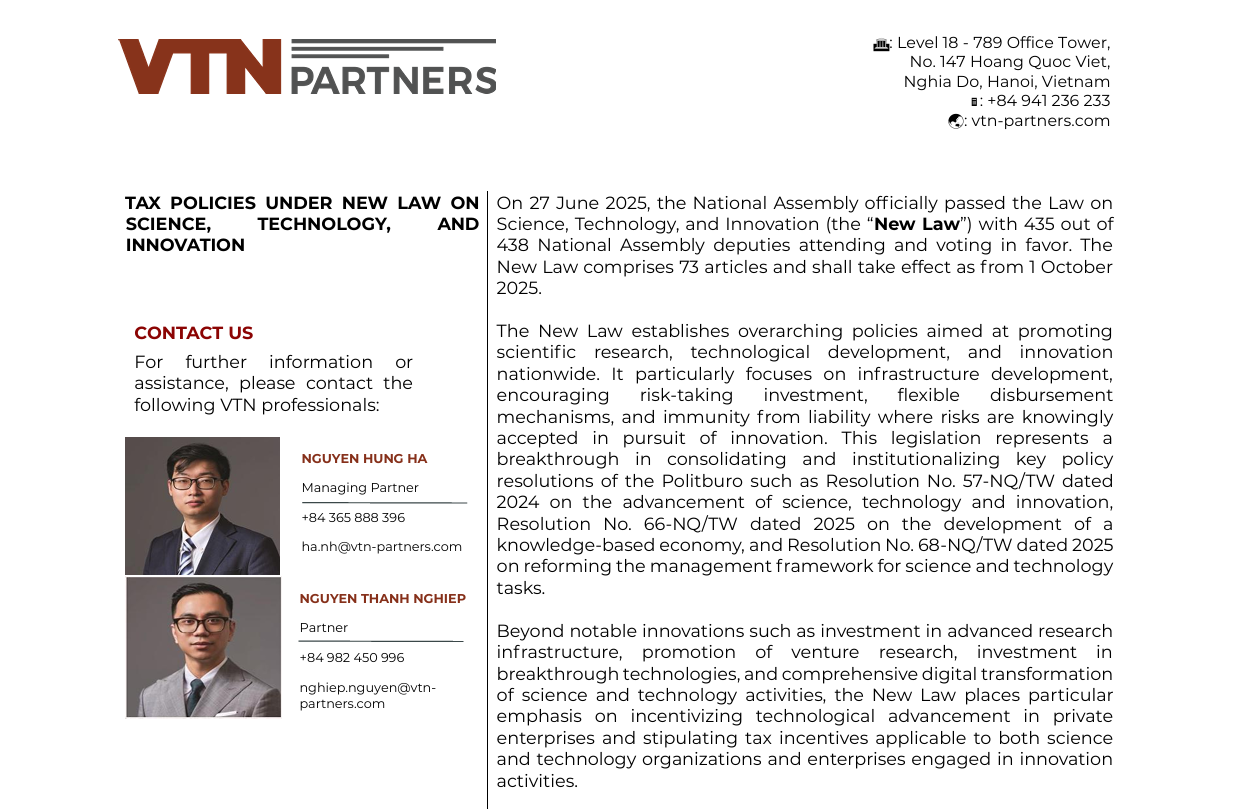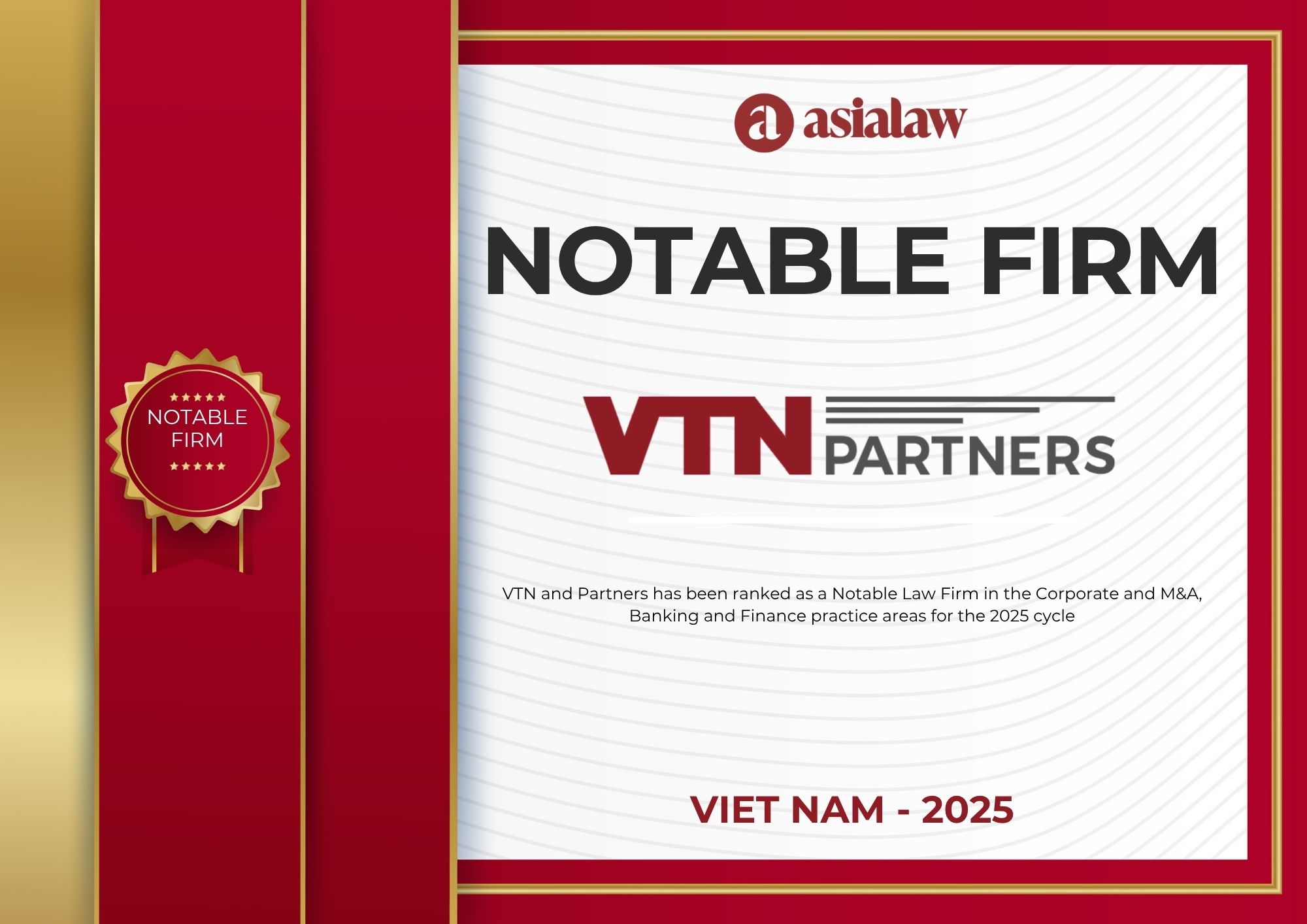Franchising business has been introduced to Vietnam since the 1990s. Many global brands specializing in fast food and beverages have quickly accessed and emerged in the Vietnamese market and have become too familiar to Vietnamese consumers. In this writing, we would like to share a brief discussion on the Vietnamese law system on franchise.
Definition of Franchise
Franchise in Vietnam is defined as “commercial franchise” meaning a commercial activity whereby franchisors permit and require franchisees to undertake by themselves to purchase or sell goods or provide services on the following conditions[1]:
- The purchase or sale of goods or provision of services shall be conducted in accordance with the business model required by franchisors and associated with the franchisors’ trademarks, trade names, business know-how, business slogans, business logos, and advertisements.
- Franchisors shall be entitled to supervise and assist franchisees in the implementation of their business.
Franchise Agreement
Franchise agreements must be made in writing or other equivalent legal formality. The parties to the agreement include the franchisor and the franchisee who must be traders, either Vietnamese or foreign traders – economic organizations and individuals[2]. However, by no means, the parties are able to determine the legal status of the foreign individual traders, practically, only institutional traders enter into the transactions.
The franchisor grants commercial rights, including the secondary franchisor in the relationship with the secondary franchisee[3]. The franchisor must meet the requirement of at least one year of operation applicable to the business system intended for franchise.
Commercial Rights – Franchise Object
The entire agreement on the rights and obligations of the parties pivots on the franchise object – “commercial rights”. This is the benefit that all parties in the franchise relationship aim for. Commercial rights include trade names, technology, business secrets, business processes, trademarks, instructional documents, etc. In essence, “commercial rights” are comprehensive and without separation of all elements of intellectual property rights in a unified whole. Therefore, franchising activities are characterized by the sharing of exploitation rights on the same trade name, creating a synchronous sales system and service provision between traders. independent and completely different. Stemming from that nature, when concluding a franchise agreement, the parties need to consider the factors that will be mentioned and combined in “commercial rights”.
It can be seen that the current regulations on “commercial rights” do not fully cover intellectual property rights, objects of intellectual property rights, and other intellectual property elements that constitute commercial rights that the traders assign/license to each other.
For example, in the agricultural sector, it is easy to see that propagating materials or harvesting materials – the subjects of plant variety rights – are important factors that determine the success of an agricultural deal. However, propagating materials or harvesting materials have not yet been recognized as one of the elements constituting commercial rights under Vietnamese law. This situation can be a major barrier to the formation and development of agricultural franchise relationships in Vietnam in the future. If harvested materials or propagating materials are recognized as one of the elements constituting commercial rights, famous agricultural products in Vietnam such as ST 25 Rice or Vietnamese Cocoa varieties have contributed to creating the “world’s best” Marou cola will be exploited, and widely distributed by franchising.
Key Clauses of the Franchise Agreement
In case the parties choose to apply Vietnamese law, the franchise agreement may have the following main contents: Rights and obligations of the franchisor; rights and obligations of the franchisee; pricing, periodic franchise fee, and payment method; effectiveness of the contract; renewal, termination, and dispute resolution.
Administrative Procedures
Before conducting franchising activities, franchisors must register franchising with competent agencies[4], which are the Ministry of Industry and Trade and the provincial Departments of Industry and Trade. In case no registration procedures are required, periodic reports to the Departments of Industry and Trade[5] must be complied with.
[1] Article 284 of Commercial Law 2005 (“Commercial Law”)
[2] Article 2 of Decree No. 35/2006/ND-CP and its amendments (“Decree 35”)
[3] Article 3.1 of Decree 35
[4] Article 17.1 of Decree 35
[5] Article 17a.2 of Decree 35

